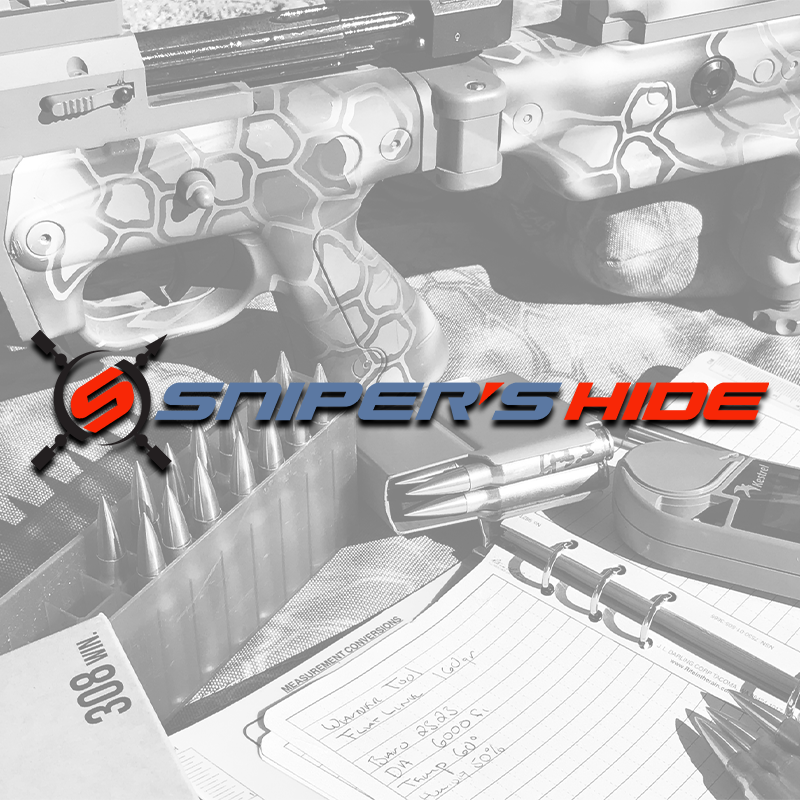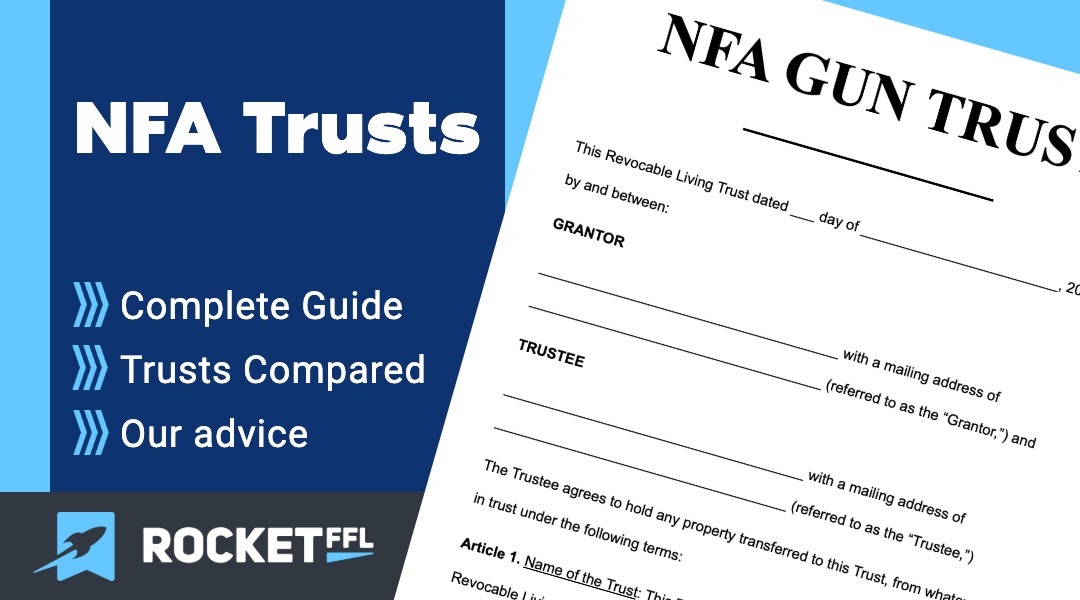This is regarding in-state NFA transfers (Arizona).
I know that technically all you have to do to do for a private party transfer is a form 4. The issue is that you are stuck in a limbo state where for a year the seller has both the item and the money or the seller has to trust a stranger will pay him a year later when the item is officially not his anymore.
So then I have questions for 2 other possible situations:
1. I know that you can also do a double stamp transaction where the seller form 4's it to the dealer and the dealer form 4's it to you. In this situation, the SOT dealer can hold the item from day 1 correct? If so, this seems safer and worth $200 extra when dealing with a MG. However, I am guessing you can't have both forms concurrently processing, which means it will add ~100 days correct? Lastly, private party sales do not have sales tax here in AZ. But would I now have to pay sales tax on the purchase now that the dealer is the intermediary? Since at a certain point the item is in the dealers name and then it goes to mine, does that make it a retail purchase? I know in regular between state transfers, I would not since the dealer is just considered to be transfering the item. But here it seems messier since at a certain point it's in their name.
2. If the seller of the item has the item in a trust, can he just add me as a co-trustee. That way I am allowed to hold onto the item while my form 4 processes. I know adding someone as a trustee instead of doing a form 4 transfer is a gray area in the NFA community because it can be seen as tax evasion. But I don't think this would apply as tax evasion since we would not be removing the original owner, so it's not "transferring" anything. More importantly, I will also simultaneously be filing the form 4 and paying the tax immediately. This doesn't seem to be tax evasion any more than having a beneficiary or adding a trustee at a later time to your trust so they can use the weapon (Which is legal).
Let me know.
Thanks
I know that technically all you have to do to do for a private party transfer is a form 4. The issue is that you are stuck in a limbo state where for a year the seller has both the item and the money or the seller has to trust a stranger will pay him a year later when the item is officially not his anymore.
So then I have questions for 2 other possible situations:
1. I know that you can also do a double stamp transaction where the seller form 4's it to the dealer and the dealer form 4's it to you. In this situation, the SOT dealer can hold the item from day 1 correct? If so, this seems safer and worth $200 extra when dealing with a MG. However, I am guessing you can't have both forms concurrently processing, which means it will add ~100 days correct? Lastly, private party sales do not have sales tax here in AZ. But would I now have to pay sales tax on the purchase now that the dealer is the intermediary? Since at a certain point the item is in the dealers name and then it goes to mine, does that make it a retail purchase? I know in regular between state transfers, I would not since the dealer is just considered to be transfering the item. But here it seems messier since at a certain point it's in their name.
2. If the seller of the item has the item in a trust, can he just add me as a co-trustee. That way I am allowed to hold onto the item while my form 4 processes. I know adding someone as a trustee instead of doing a form 4 transfer is a gray area in the NFA community because it can be seen as tax evasion. But I don't think this would apply as tax evasion since we would not be removing the original owner, so it's not "transferring" anything. More importantly, I will also simultaneously be filing the form 4 and paying the tax immediately. This doesn't seem to be tax evasion any more than having a beneficiary or adding a trustee at a later time to your trust so they can use the weapon (Which is legal).
Let me know.
Thanks



